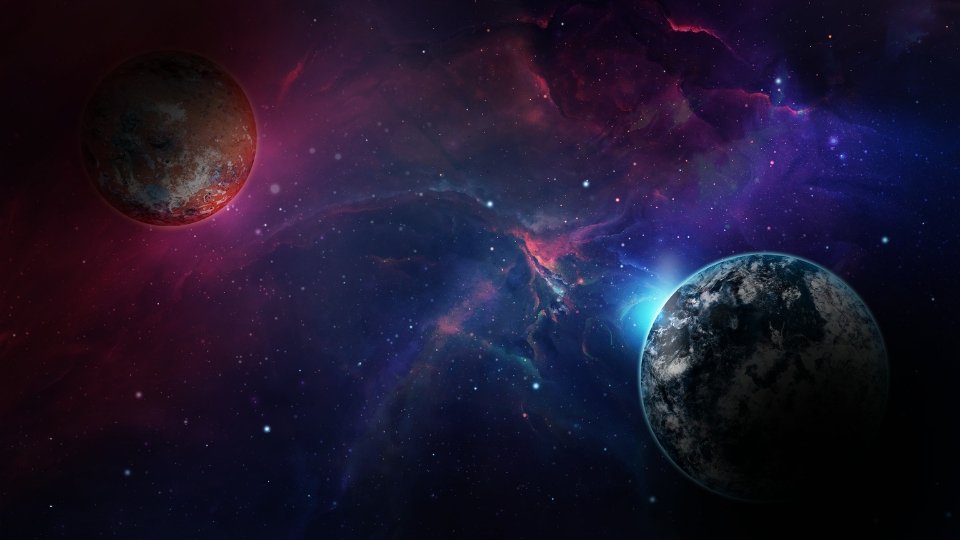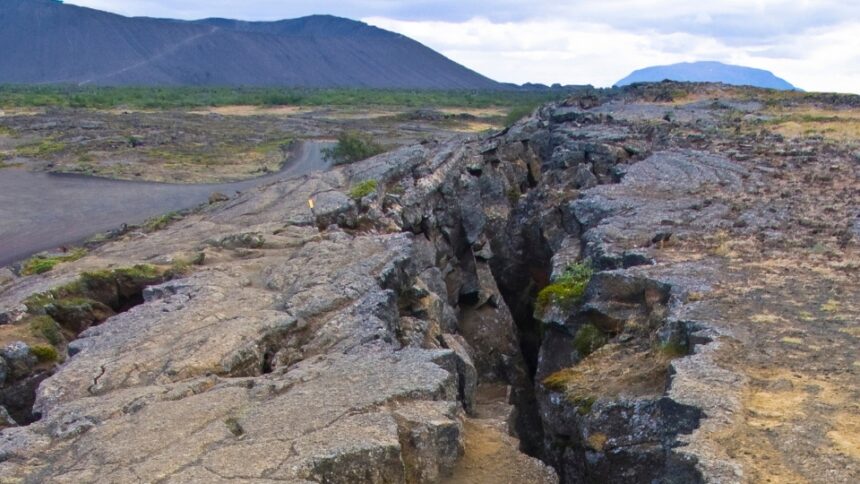Geologists have recently confirmed that the African continent is undergoing a massive geological shift. The East African Rift, complex valleys extending from the Red Sea to Mozambique, is gradually pulling the continent apart. As a result, this tectonic movement is expected to eventually split the continent in two, forming a brand-new ocean basin.
For decades, scientists have observed a phenomenon in which the Nubian, Somali, and Arabian plates gradually shift apart. Recent satellite measurements have provided valuable insights into this process. The most evident sign of this continental shift is a 35-mile-long crack in the Ethiopian desert that appeared in 2005. This crack is the surface manifestation of deep-seated tectonic forces at work.
Creating a new ocean is very long and takes millions of years. The speed at which the African continent is splitting is plodding, similar to the rate at which human toenails grow. However, the cause of this rifting is still uncertain. Some scientists speculate that a massive plume of superheated rocks emerging from the mantle beneath East Africa could be responsible for the continent’s division.
Adding to the intrigue, there is speculation about the influence of a celestial body, often referred to as Planet X, on Earth’s geological activities. The existence of such a planet, far beyond Neptune, has been hypothesized based on the unusual orbits of particular trans-Neptunian objects. While the evidence for Planet X is not definitive, its gravitational pull could theoretically exert significant forces on Earth’s tectonic plates.

The hypothesis that a faraway, imperceptible planet might be involved in the breaking apart of a continent on Earth is intriguing. While the scientific community is still exercising caution about this possibility, it injects an extra element of enigma into the already captivating phenomenon of continental drift.
As the African continent gradually but steadily separates, it is creating a new chapter in the geological history of our planet. The world is watching with great interest. Whether the cause is solely terrestrial or influenced by the gravitational pull of a distant planet, the emergence of a new ocean in Africa reminds us of our planet’s dynamic and continuously evolving nature.
Currently, Planet X’s existence is purely hypothetical. Nonetheless, it reminds us how much we still need to learn about our solar system and the forces shaping our world.
(Ad) Get the new book Hidden Axis: Forces Beyond the Visible World – Uncover the secrets they don’t want you to know. Dive into the truth about cosmic forces, government conspiracies, and humanity’s future.



